Growing consumer demands for egg production to comply with more stringent welfare standards has seen a major change in the egg industry.
Speaking at the Bord Bia poultry and egg conference, Mark Williams, chief executive of the British Egg Industry Council (BEIC), outlined the direction in which consumer trends have been moving.
In 2012, EU legislation introduced new standards for caged eggs. It called for increased space allowances for each bird, along with the addition of environment enhancements such as perches. These enriched cage systems now account for 44% of all UK eggs.
Free-range eggs
The rest of the market is accounted for by free-range eggs (52%) and a small amount of "barn" eggs. Traditionally, eggs produced from hens in cages accounted for the majority of the market but free range has now over taken this. Despite the premium price consumers pay for free-range eggs there is still a strong demand.
Cage-free
Williams said that the next debate around hen welfare has already started with some retailers announcing a target for all eggs to be from cage-free systems by 2025.
“The next ban won’t be a legislative ban it will be a market-driven ban,” he said.
The UK industry alone invested £400m to move to enriched cages and this was yet to be paid off.
With 15m birds now in an enriched cage system, re-housing birds in a cage-free system would take further huge investment.
Birds would need to be moved into a "barn" system, which is the second most common form of production on the European continent. Williams said these systems cost an extra 22% compared with an enriched cage and wondered who would pay that extra cost.
However, he explained this would be a huge challenge to Ireland and the UK as consumers did not understand the term "barn".
He said those on lower incomes would be most adversely affected by increased costs.
Cheap protein
The recent growth in egg consumption has been driven to some degree by those seeking a cheaper protein source.
The audience was shown several quotes from a BEIC study where many people said they did not see a value in any higher welfare standards.
“You crack them open and what’s the difference? That’s why I always buy the cheapest ones,” one respondent said.
Activists have played a large role in the debate up to this point and there is now a European citizen-led initiative to ban all forms of caged farming.
Williams pointed out that it would ultimately be the market that decided what happened.
“The UK market is heading towards free-range eggs; there’s no doubt about that. However, at the end of the day, we’ll need a value egg to keep a premium on those free-range eggs,” Williams said.




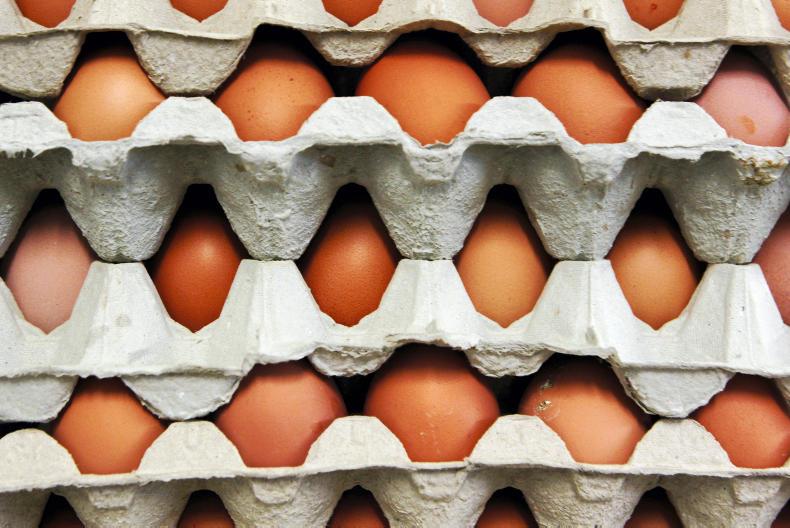
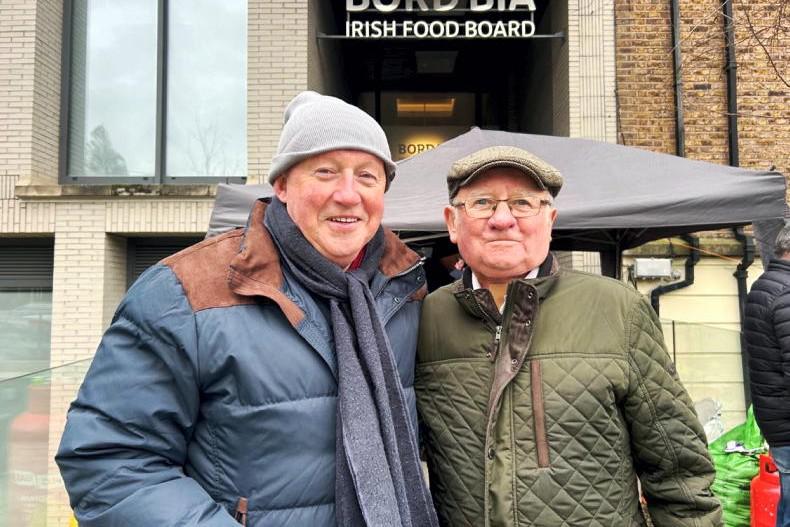
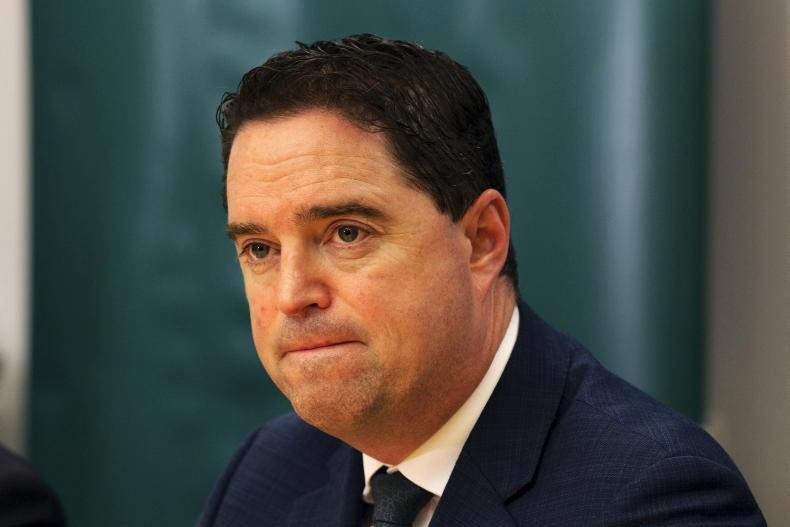
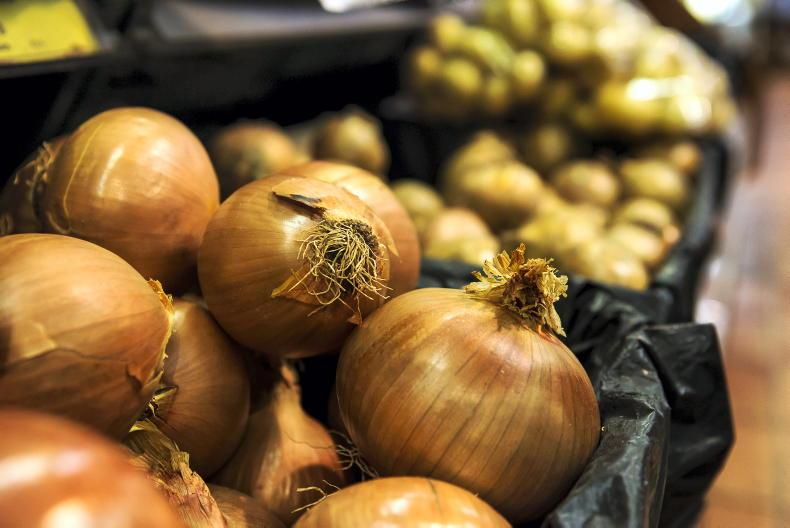
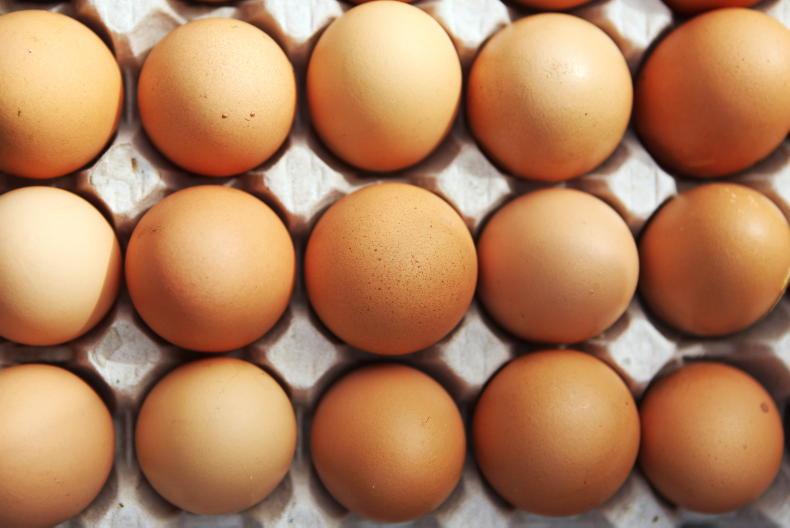
SHARING OPTIONS